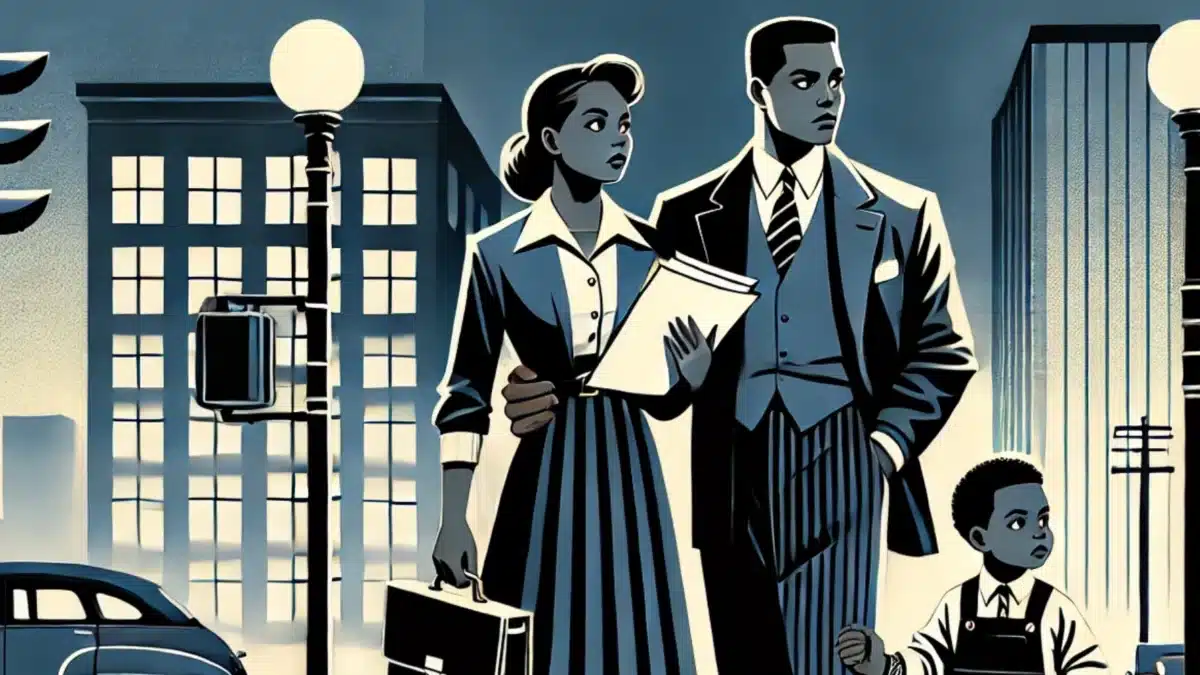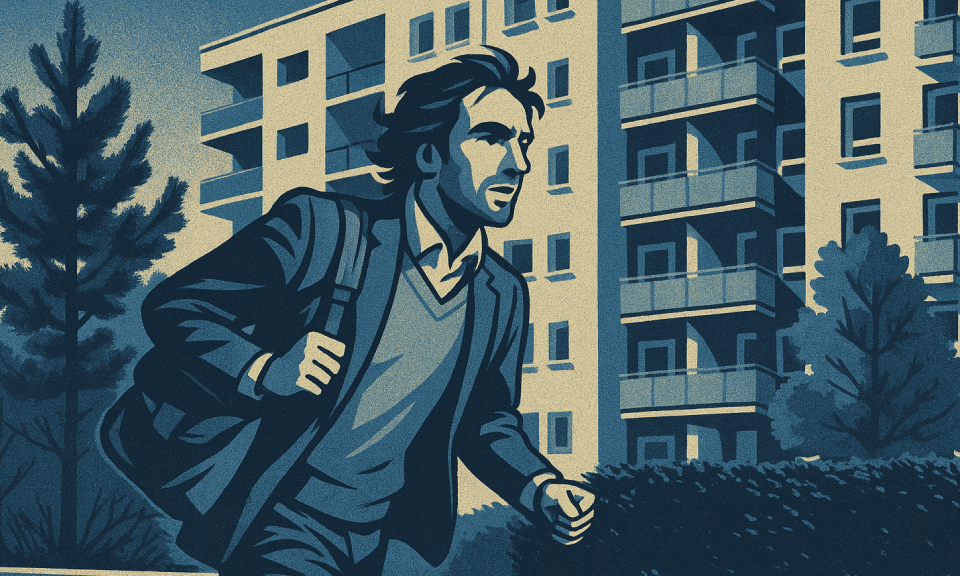
How to Avoid Rental Scams When Relocating
July 10, 2022
How to Tell if a Housing Application is a Scam
September 6, 2022Affordable housing can be a game-changer for many families, but figuring out if you qualify isn’t always straightforward. With different programs and income limits, it’s easy to feel overwhelmed. At Section 8 Shield, we’ve created this beginner-friendly guide to help you understand how affordable housing eligibility works—and how to start your application journey.
What is Affordable Housing?
Affordable housing refers to rental properties that cost no more than 30% of a household’s income. Programs like Section 8, public housing, and Low-Income Housing Tax Credit (LIHTC) properties aim to make housing accessible for families, seniors, and individuals with low incomes.
The catch? Eligibility depends on your income, family size, and other factors.
How Eligibility is Determined
Affordable housing programs use specific criteria to determine who qualifies. The key factors include:
1. Income Limits
- Each program sets income limits based on Area Median Income (AMI). These limits vary by location and are categorized as:
- Low-Income: Earning 50-80% of the AMI.
- Very Low-Income: Earning less than 50% of the AMI.
- Extremely Low-Income: Earning less than 30% of the AMI.
Example: In New York City, the AMI for a family of four in 2023 was approximately $133,400. To qualify for very low-income housing, the household income must be less than $66,700.
Tip: Check your local income limits through HUD’s Income Limit Tool.
2. Household Size
- Larger households typically qualify for higher income limits. Programs adjust eligibility based on the number of people living in your household.
3. Citizenship or Residency Status
- Most affordable housing programs require at least one household member to be a U.S. citizen or eligible non-citizen.
4. Other Criteria
- Programs may consider factors like:
- Disability Status: Many properties prioritize individuals with disabilities.
- Senior Status: Some affordable housing options are exclusive to seniors aged 62 and older.
Popular Affordable Housing Programs
1. Section 8 Housing Choice Voucher
- Provides vouchers to cover a portion of your rent, with the remainder paid by the tenant. Applicants must meet income requirements and pass a background check.
Tip: Use Section 8 Search to find properties that accept vouchers.
2. Public Housing
- Government-owned properties offering reduced rents for eligible low-income families, seniors, and individuals with disabilities.
3. Low-Income Housing Tax Credit (LIHTC)
- Privately owned properties that receive tax incentives to offer lower rents to qualifying tenants.
How to Apply for Affordable Housing
Getting started with an affordable housing application can feel daunting, but these steps will simplify the process:
| Research Local Programs | Use tools like HUD’s Affordable Housing Locator to identify programs available in your area. |
| Prepare Required Documents | Most applications will ask for: Proof of income (pay stubs, tax returns, etc.) Identification (driver’s license, Social Security card) Proof of residency status |
| Join Waitlists | Many programs, including Section 8, operate on waitlists due to high demand. Join as many as possible to increase your chances. Tip: Some states have emergency housing programs that bypass waitlists. Check with your local housing authority for options. |
| Submit Applications Carefully | Double-check all documents and information before submitting. Errors can delay your application or result in denial. |
Common Misconceptions About Affordable Housing
1. It’s Only for the Unemployed
- Not true! Many programs support low-income working families who need help making ends meet.
2. You Have to Be Homeless to Qualify
- While some programs prioritize homeless applicants, most affordable housing is open to anyone who meets income requirements.
What to Do If You’re Denied
If your application is denied, don’t panic. Here’s what to do:
- Ask for Specific Reasons: Housing authorities must explain why your application was denied.
- Correct Errors: Fix mistakes and reapply.
- Seek Help: Non-profits and advocacy groups can guide you through the appeal process.
Related Article: Check out Section 8 Application Denied? Understand How to Fight Back.
Start Your Journey Today
Affordable housing can make a huge difference in your life, but understanding eligibility is the first step. With programs like Section 8 and public housing, you can secure a safe and affordable place to live.
Jessica P.
Renter in Illinois.At Section 8 Shield, we’re here to support you every step of the way. Explore our website for more resources, tips, and tools to navigate the affordable housing process confidently!




